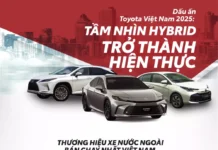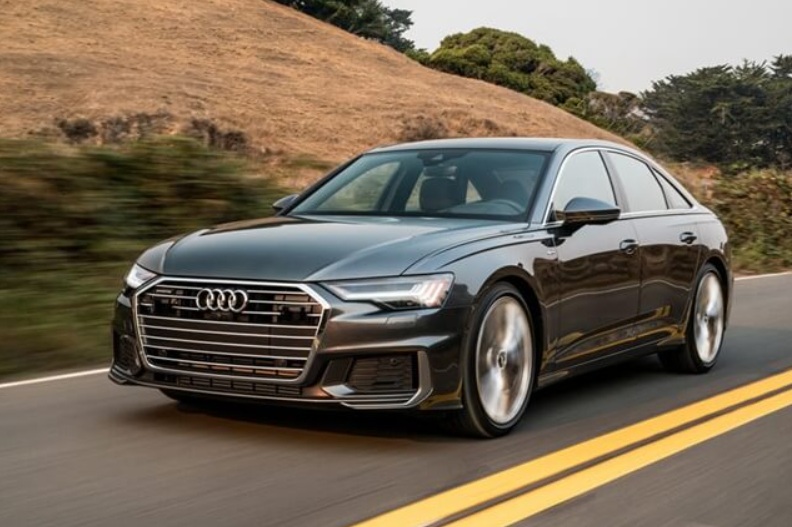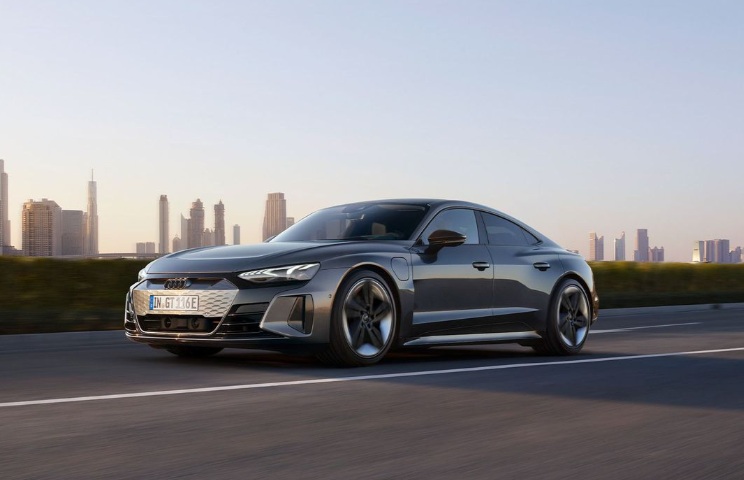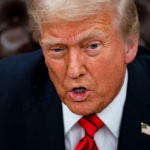President Donald Trump’s hard-line tariff policies are having a significant impact on the US automotive industry.
With a tariff rate of up to 25% on imported vehicles, many international car brands, particularly luxury carmakers, are being forced to adjust their business strategies and even halt exports to this market.
Recently, Audi officially announced a halt to all car exports to the US from the beginning of April, after the new tax policy took effect. Currently, Audi dealers in the US have about 37,000 cars in stock, enough to maintain supply for about two months. After this period, the US market will no longer have new Audi-branded cars imported.
Previously, Jaguar Land Rover (JLR) also declared its withdrawal from the US market. Industry experts believe that if the Trump administration does not soon adjust its trade policies, the wave of luxury car brands exiting the US market will continue to widen.
The US market has long been considered one of the world’s largest automotive consumption centers, with stable purchasing power and a high degree of diversification. However, the new import tax policy is creating significant pressure on both manufacturers and consumers.
With a 25% tax rate, imported car brands are faced with two choices: either absorb the cost and take a hit on profits, or pass the cost on to consumers, making their products less competitive. This particularly affects the luxury car segment, which already has high price tags that make them less accessible to buyers.
The decision by car brands to stop exporting to the US will not only result in higher prices but also lead to a decrease in the quantity and diversity of products available in this market. In the short term, US car manufacturers cannot fill the void left by international brands, creating a significant challenge for the entire industry.
For global car brands, withdrawing from the US is also a way to push back against the Washington administration, forcing policymakers to reconsider the long-term impact of high tariffs on the domestic market.
However, some businesses are considering medium- and long-term scenarios, including setting up assembly lines in the US to circumvent import taxes. Audi is a prime example, as they can utilize their parent company Volkswagen’s plant in Tennessee to commence production.
Not all brands have the same advantage as Audi, though. Building new factories, hiring labor, and adjusting the supply chain cannot be done overnight. This is why many carmakers choose to temporarily halt exports instead of immediately investing in domestic production.
As the global automotive industry undergoes a significant transformation with electrification and digitalization trends, the US tariff policies are seen as a significant hindrance to integration. Without appropriate adjustments, the US automotive industry risks losing its competitive edge to the rise of other production hubs.
TH (Tuoitrethudo)














































